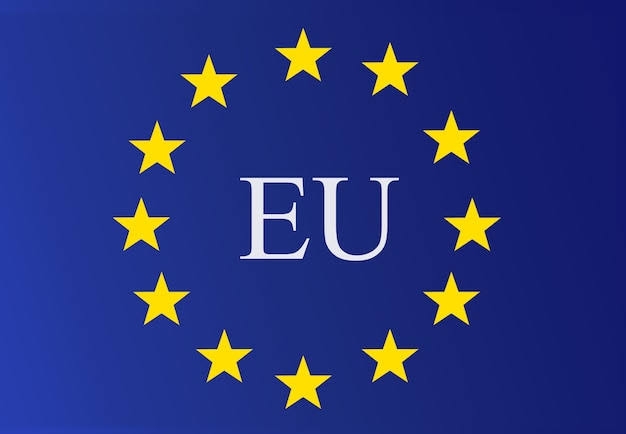The European Union (EU): Promoting Integration and Cooperation

In this blog post, we will delve into the European Union (EU), its definition, establishment, location, significance, examples from history, and opportunities to join as staff or volunteer. The EU is a unique supranational organization that aims to foster peace, stability, and economic prosperity among its member states.
The European Union is a political and economic union of 27 member states, primarily located in Europe. It traces its roots back to the aftermath of World War II when the desire to prevent further conflicts and promote economic cooperation led to the formation of precursor organizations. The EU, as we know it today, was formally established by the Maastricht Treaty, signed on November 7, 1991, and entered into force on November 1, 1993.

The EU institutions are spread across different cities within Europe. The primary decision-making bodies of the EU are located in Brussels, Belgium. The European Commission, the executive branch of the EU, has its headquarters in Brussels, while the European Council and the Council of the European Union hold their meetings in Brussels and also in Strasbourg, France. The European Parliament holds its sessions in both Brussels and Strasbourg.
Significance
Peace and Stability: One of the EU's fundamental objectives is to promote peace and stability in Europe. By fostering close cooperation and integration among member states, the EU has played a crucial role in preventing conflicts and promoting reconciliation among nations that were once divided by historical tensions.

Economic Integration: The EU has created a single market, known as the "four freedoms," which allows for the free movement of goods, services, capital, and people among member states. This integration has facilitated trade, investment, and economic growth, benefiting both businesses and consumers across Europe.
Shared Values and Standards: The EU promotes and upholds fundamental values such as democracy, human rights, and the rule of law. It has established common standards and regulations that ensure the protection of these values, contributing to the well-being and rights of EU citizens.
Examples from History
Treaty of Rome: Signed in 1957, the Treaty of Rome established the European Economic Community (EEC), a predecessor to the EU. It aimed to create a common market and foster economic integration among its member states.
Expansion of Membership: The EU has witnessed significant expansion over the years. In 1973, the United Kingdom, Denmark, and Ireland joined the EU, followed by several waves of expansion, including countries from Central and Eastern Europe in 2004 and later.
European Monetary Union: The creation of the Eurozone, a monetary union with a single currency, the euro, has been a significant milestone for the EU. It has facilitated economic integration and financial cooperation among member states.
How to Join
Membership in the EU is open to European countries that meet certain criteria. If you want to work for the EU as staff or volunteer, consider the following options:

Employment: The EU institutions offer various employment opportunities across different fields, including policy, administration, law, and communication. The European Personnel Selection Office (EPSO) manages the recruitment process. Check the official EPSO website for job vacancies and application procedures.
Traineeships: The EU institutions provide traineeship programs for recent graduates to gain practical experience and insight into the EU's work. Explore the official websites of the European Commission, European Parliament, and other EU institutions for information on traineeship opportunities.
The European Union (EU) plays a crucial role in promoting integration, cooperation, and peace among its member states. Through its economic integration, shared values, and commitment to democracy, the EU has transformed Europe, fostering prosperity and stability. By joining the EU as staff or volunteer, individuals can actively participate in shaping European policies, contributing to the advancement of the EU's objectives and the well-being of its citizens.
Sources
- European Union. (n.d.). About the EU. Retrieved from https://europa.eu/european-union/about-eu_en
- European Union. (n.d.). The EU in brief. Retrieved from https://europa.eu/european-union/about-eu/eu-in-brief_en
- European Union. (n.d.). EU Member Countries. Retrieved from https://europa.eu/european-union/about-eu/countries_en
- European Union. (n.d.). Work for the EU. Retrieved from https://europa.eu/european-union/about-eu/work-for-eu_en
- European Union. (n.d.). Traineeships in EU Delegations. Retrieved from https://eeas.europa.eu/headquarters/headquarters-homepage/3410/traineeships-eu-delegations_en









